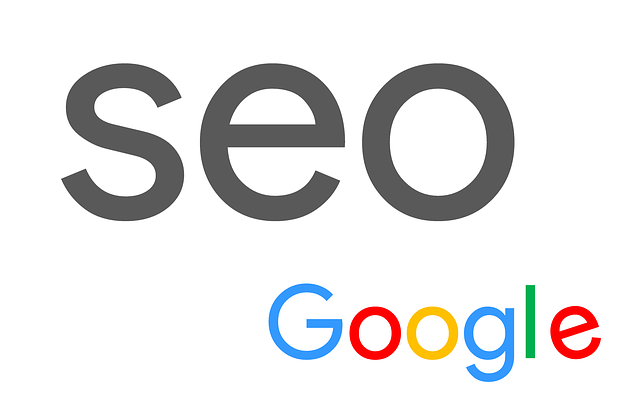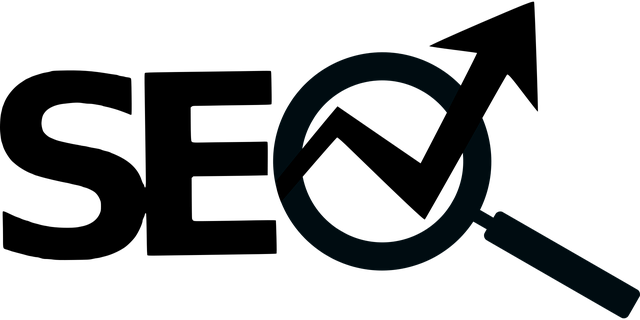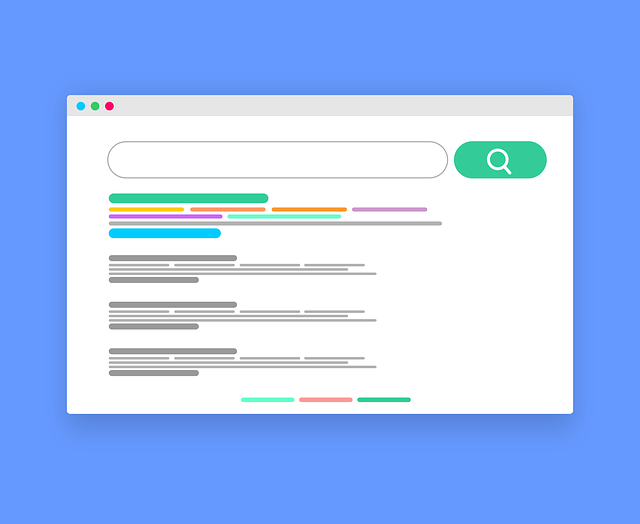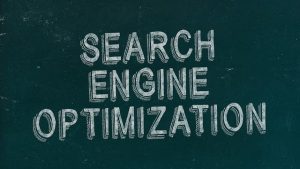Search Engine Optimization (SEO) is a comprehensive process aimed at improving a website's visibility and ranking on search engines' results pages (SERPs). It involves understanding search engine functions, from crawling to ranking. Effective strategies like keyword research, on-page optimization, high-quality content creation, and link building enhance site algorithms and user experience. Keyword research identifies popular terms, competitor strategies, and opportunities, while on-page techniques include optimizing title tags, meta descriptions, heading tags, and creating engaging content to meet user intent. Off-page SEO focuses on building backlinks and online presence through collaborations and social media engagement. Technical SEO ensures search engine crawlers can access and understand the site, with structured data markup and efficient site architecture. Regular analysis of SEO performance using tools is crucial for maintaining a competitive edge. By combining these tactics, businesses can optimize their websites to attract more organic traffic and higher rankings on SERPs.
Looking to climb higher in search engine rankings? This comprehensive guide unveils powerful SEO Tips for Ranking Higher. From unraveling the mysteries of Keyword Research as the cornerstone of successful strategies to mastering On-Page Optimization and crafting compelling content, we’ll explore each facet. Learn how Off-Page SEO, Technical SEO, and leveraging the right tools can propel your website’s visibility. Discover analytics methods to track progress and witness your SERP dominance.
Understanding Search Engine Optimization (SEO) and Its Impact on SERPs

Search Engine Optimization (SEO) is a strategic process designed to enhance a website’s visibility and ranking on search engine results pages (SERPs). It involves understanding how search engines crawl, index, and rank web content, and then implementing techniques to align a website with these criteria. The ultimate goal is to secure a higher position in SERPs, thereby increasing organic traffic and online exposure.
By employing effective SEO tips for ranking higher, such as keyword research, on-page optimization, high-quality content creation, and link building, businesses can ensure their websites are optimized for both search engines and users. These strategies directly impact the algorithms that determine a site’s placement in SERPs, ultimately driving more qualified leads and conversions.
Keyword Research: The Foundation of Effective SEO Strategies

Keyword research is a crucial step in building any successful SEO strategy. It involves understanding what terms and phrases your target audience uses when searching for products, services, or information related to your niche. By identifying the right keywords, you can optimize your content to align with user intent and search engine algorithms. This process helps search engines recognize your website as a valuable resource for specific queries, boosting its visibility and ranking on Search Engine Results Pages (SERPs).
Effective keyword research provides insights into popular search terms, their competition levels, and potential opportunities. Using SEO tips like analyzing competitor keywords, exploring long-tail keywords, and incorporating semantic search concepts can further refine your strategy. This foundational step ensures that your content is not only engaging and relevant but also optimized to capture the attention of your target audience, ultimately driving higher rankings and increased organic traffic.
On-Page Optimization Techniques for Boosting Visibility

To enhance your website’s on-page optimization and boost visibility, consider implementing key SEO tips for ranking higher. Firstly, focus on high-quality content that incorporates relevant keywords naturally. This not only satisfies user search intent but also signals to search engines that your site provides valuable information. Ensure each page has a unique title tag and meta description, as these play crucial roles in capturing the essence of your content and encouraging clicks from users scrolling through search results.
Additionally, optimize your website’s structure by using heading tags (H1-H6) to create a hierarchical layout. This helps both users and search engines understand the organization of your content. Incorporate internal linking where relevant to improve user experience and allow search engine crawlers to access all pages easily. Remember, these on-page optimization techniques are essential steps towards improving your SEO and achieving higher SERP rankings.
Creating High-Quality Content That Resonates with Searchers

Creating high-quality content is a fundamental SEO tip for ranking higher on SERPs. Search engines prioritize content that offers genuine value to users, addressing their queries and providing insightful information. Instead of focusing solely on keywords, craft compelling narratives, how-to guides, or in-depth analyses that truly engage your audience. This type of content tends to earn backlinks naturally, enhance user experience, and encourage longer visits—all factors that contribute to improved SEO rankings.
Resonating with searchers involves understanding their intent behind specific queries. Use tools like Google’s Keyword Planner or SEMrush to uncover the types of questions your target audience is asking. Tailor your content to answer these questions directly, using language that aligns with what users are searching for. By aligning your content strategy with user intent, you increase the likelihood of ranking higher in search results, driving more organic traffic to your site.
Off-Page SEO: Building Quality Backlinks and Enhancing Authority

Off-Page SEO is a strategic process aimed at enhancing your website’s authority and visibility from external sources. One of the key aspects is building high-quality backlinks, which act as votes of confidence for your site in the eyes of search engines. Earning these links through valuable content, guest blogging, or partnerships can significantly improve your SERP rankings. When relevant, authoritative websites link to yours, it signals to search algorithms that your content is trustworthy and deserves higher placement.
Additionally, off-page SEO involves activities like social media engagement, influencer collaborations, and online directory listings. Engaging with your audience on social platforms can attract organic links and shares, while collaborating with influencers in your niche may lead to high-value backlinks. Directory listings and business citations also contribute to building a robust online presence, ensuring search engines can easily discover and index your website, ultimately leading to better rankings.
Leveraging Technical SEO to Improve Website Performance

In the quest for higher search engine rankings, Technical SEO plays a pivotal role in website performance optimization. It involves ensuring your site is accessible and understood by search engine crawlers. One crucial aspect is implementing structured data markup to provide search engines with contextual information about your content, leading to richer search results and potentially boosting visibility. Another essential tip is optimizing crawl efficiency by allowing search engines to access all pages easily and quickly. This can be achieved through proper site architecture, efficient URL structures, and the use of XML sitemaps.
Regularly auditing and fixing technical issues like broken links, redirect chains, and page loading speeds are also vital SEO tips for ranking higher. These factors impact user experience, a key metric that search engines consider. By leveraging Technical SEO strategies, you create a robust foundation for your website, enabling it to efficiently communicate with search engines and compete for top positions in SERPs.
Utilizing SEO Tools for Efficient Analysis and Adjustment

In today’s digital era, SEO Tips for Ranking Higher are essential for any website aiming to attract organic traffic and gain visibility. Utilizing advanced SEO tools allows professionals to efficiently analyze and adjust various on-page and off-page factors that influence search engine rankings. These tools provide valuable insights into keyword performance, site structure, backlinks, and user behavior, enabling informed decisions to optimize content and improve overall search engine optimization.
By leveraging SEO tools, marketers can identify high-value keywords with less competition, refine meta tags and headings for better relevance, and pinpoint areas where site speed or mobile usability need improvement. Regular analysis and adjustments based on these insights are key to staying ahead in the ever-evolving SEO for Higher SERPs landscape.
Measuring and Analyzing Results: Tracking Your Progress Towards Higher SERPs

Measuring and analyzing results is a crucial step in improving your SEO strategy and achieving higher search engine rankings (SERPs). It involves tracking key performance indicators (KPIs) to gauge the effectiveness of your optimization efforts. By utilizing SEO tools, you can monitor how your website performs over time, identifying areas of success and potential challenges. These insights enable data-driven decisions, allowing you to refine your approach and implement effective SEO tips for ranking higher.
Regularly reviewing analytics data helps you understand user behavior, such as click-through rates (CTRs), average session durations, and bounce rates. This information is invaluable when optimizing content, as it reveals what resonates with your audience and what needs improvement. By aligning your SEO strategies with user preferences, you enhance the likelihood of climbing the SERPs ranks and increasing organic traffic to your website.
